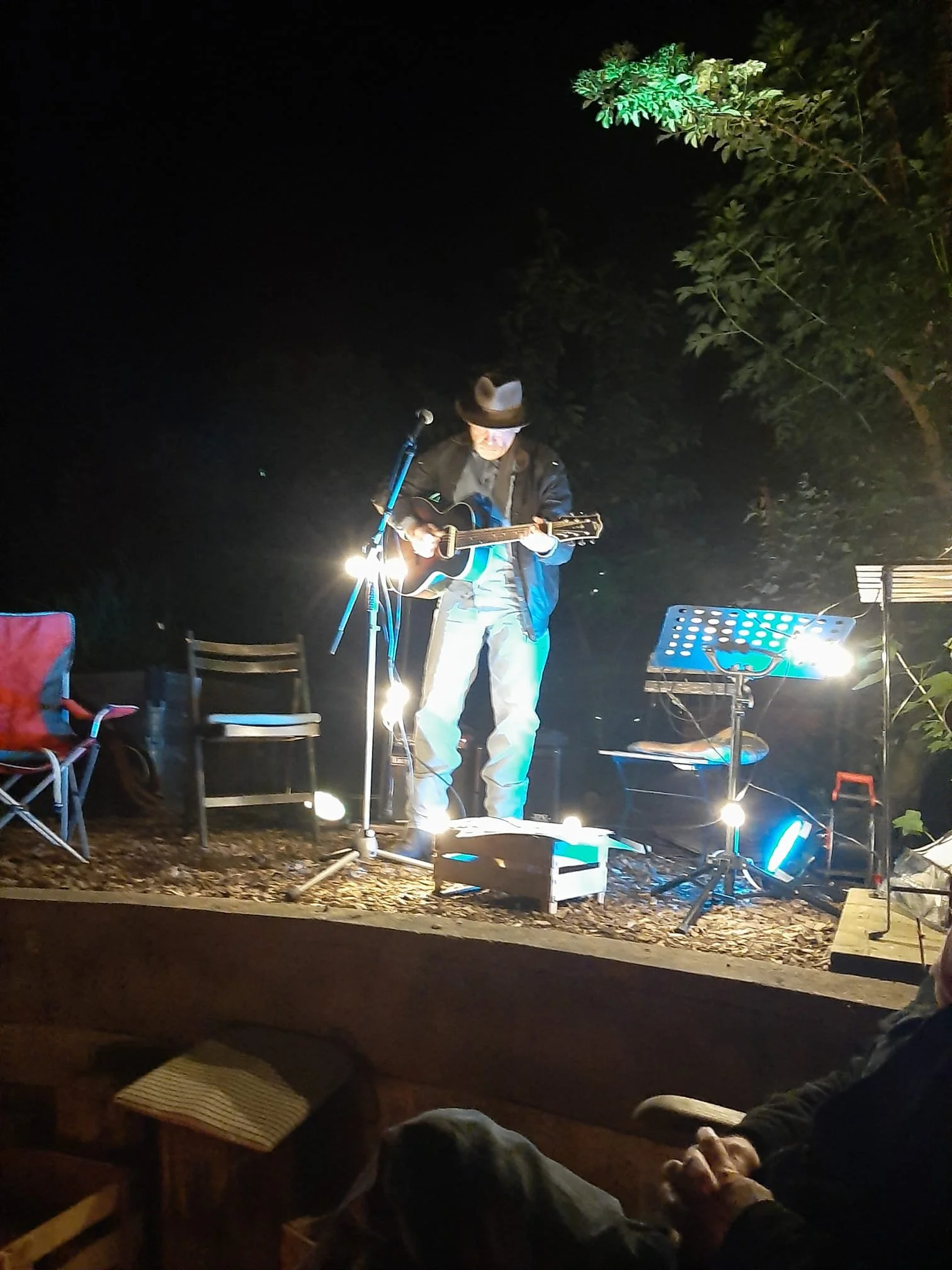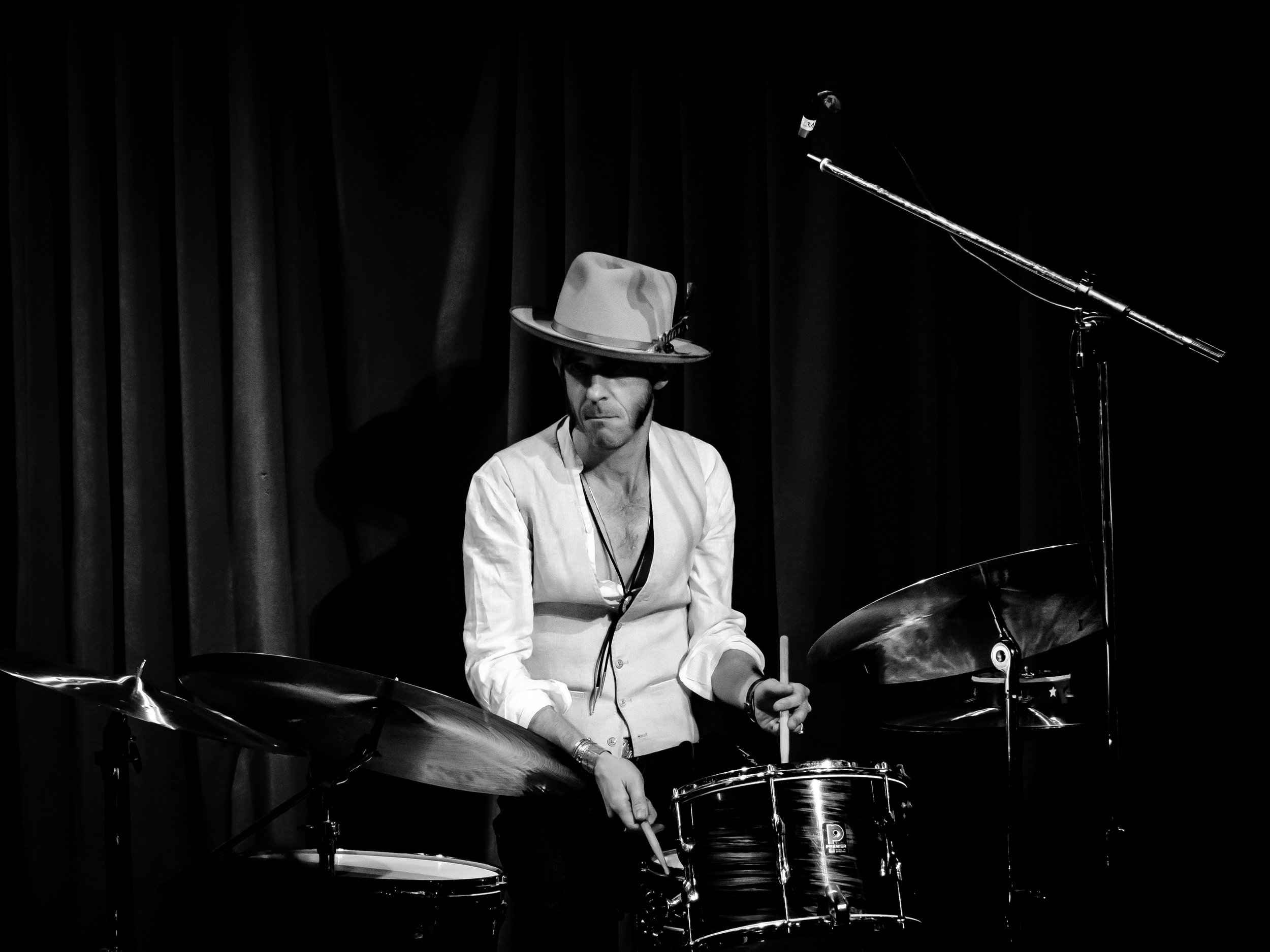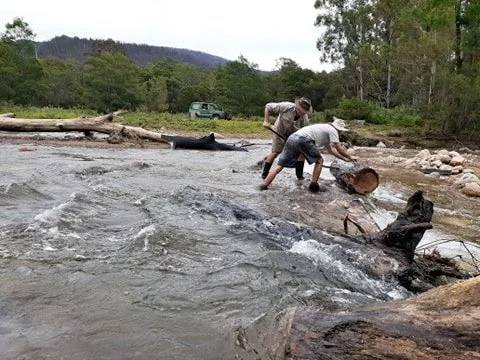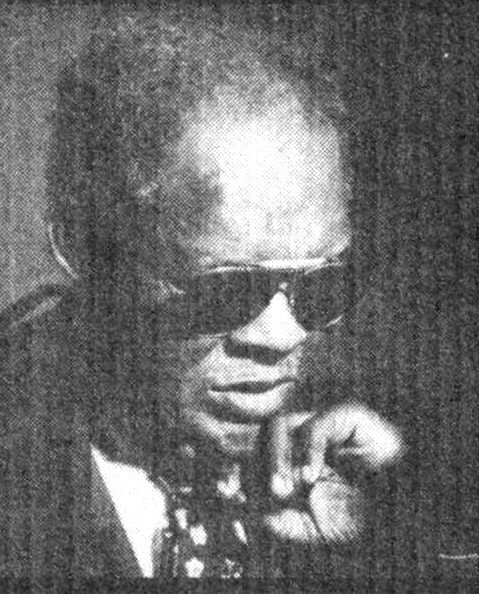Whenever I perform “Baby I Can Change” at a concert, I introduce it with a disclaimer that goes something like this:
“Hearing this song, you might get the impression that I’ve arrived at a certain state of consciousness about relating to women - but I want to make it clear that the “change” that the song alludes to is a work in progress rather that a finished product. So this makes it a song of aspiration, not actuality.”
Fortunately for me, I’ve been close to some outspoken women in my time. Maybe not outspoken in a public sense, but with me personally - for example, regarding my habits of not paying attention, not picking up on cues - there have been no holds barred.
Such feedback has been hard to take sometimes - I‘ve wanted to just keep on going like I’ve always gone, with the same old assumptions I’ve always had. To keep taking the easy way out.
But listening - really listening - to what women are saying these days about how the world is for them, and about what they face walking through it every day: that represents a conscious choice to stop and to take stock. To try to create a way of being together that’s fair, equitable and safe.
That's a big package - but the status quo of gender relations is based in inequality, and it’s just not working any more (if it ever actually did.) Some old habits die hard - yet die they must, so that something new can be born.
But there’s a message in the bottle
and lots of stars out on the plains
and they’ve all told me what they need to
they’ve told me that I need to change
that we have crossed the final boundary:
the die is cast, it’s time for change.
5. Previously, if you travel back to 2016, you released another stellar album called Not the Express. I have just discovered this outing on Bandcamp, but it has made a strong impression already. How do you reflect on this set as a whole now, and how would you say you have grown and evolved as an artist since its initial release?
Somewhere or other, I read a comment of Bob Dylan’s to the effect that he never listens to his old albums. Not that he doesn’t still perform some of the songs from those albums at his concerts - because in this sense, songs never grow old, they continually morph, develop, evolve as the vital, living things that they are.
So in some aspect, Not The Express is still very much “alive” for me - especially in the form of the songs on the album that still circulate through my performing repertoire. A certain creative inspiration brought these songs into existence, and a similar inspiration has me revisit them from time to time, and in some ways re-
create them: because in whatever context I play them, solo or with my band, they never come out exactly the same.
In terms of my own growth/evolution as a songwriter, I definitely see Not The Express as a kind of significant signpost on the road behind me. The idea of recording in a studio in Burbank, California with someone of the calibre and experience of Jim Keltner on percussion was absolutely daunting to me at the time. Thankfully I had Heath, also the producer, hanging in with me in the recording room on guitars, along with Matt Nightingale, another gifted Australian musician, on upright bass, both of them providing me with the grounding that I needed as we put down the album’s 10 tracks in just two days.
So my current feelings about Not The Express are not so much for the album as a work of art in its entirety - as a kind of snapshot in time, as many albums can be. Nowadays I remember it more as a pretty intense testing ground for what was going to prove to be strongest in me - my commitment to and belief in my songs, or my self-doubt?
Photo: from L to R, Ben Tolliday [Engineer]; Jim Keltner [percussion]; Heath Cullen [guitars] and Matt Nightingale [upright bass] Heritage Studio, Burbank CA, June 2016.











